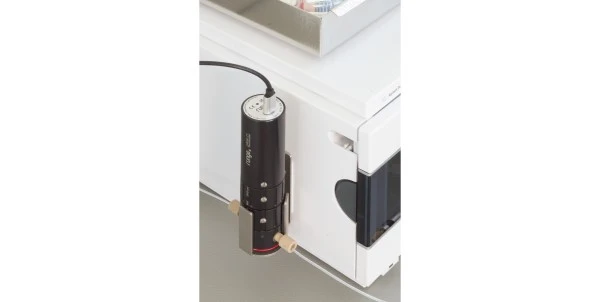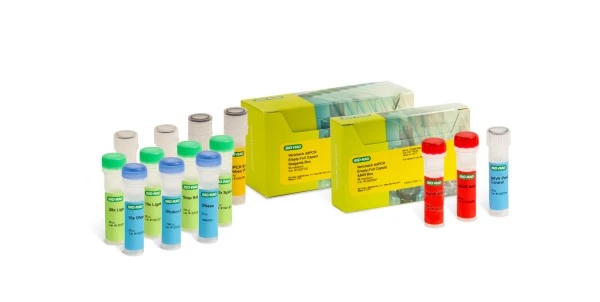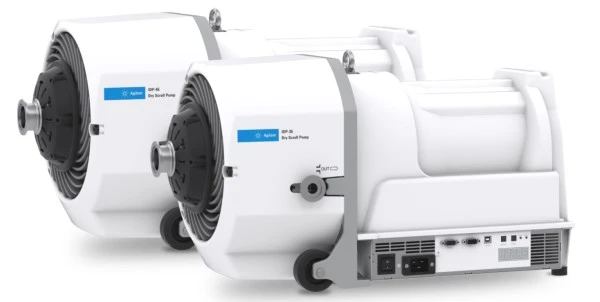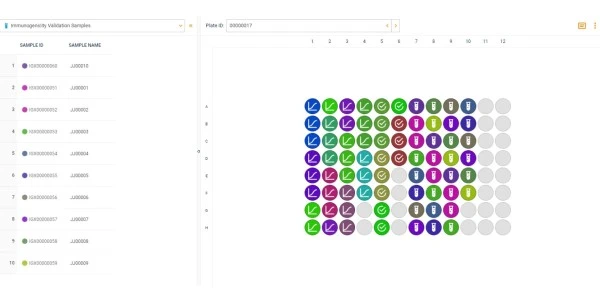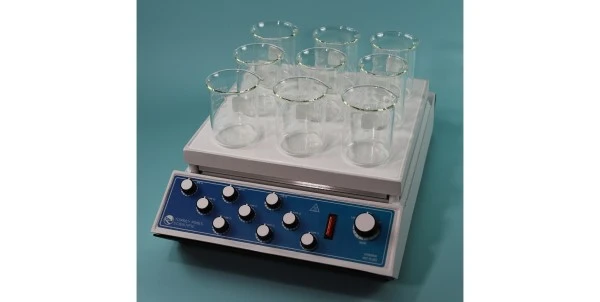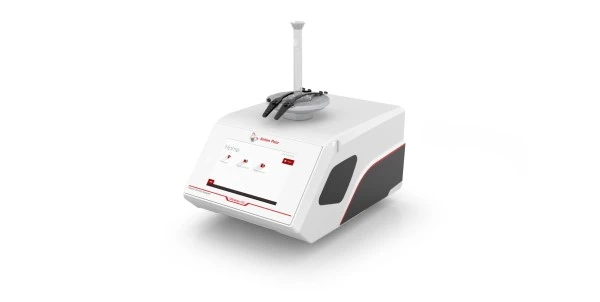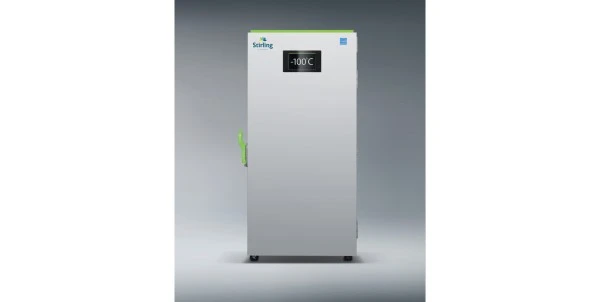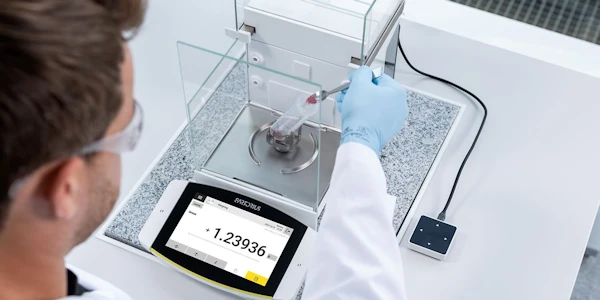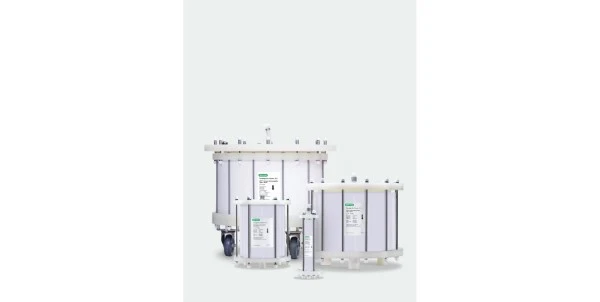
The Best Calorimeters: A Buyer's Review of Price and Features
Choosing the right calorimeter is essential for accurate and reliable thermal analysis in your laboratory. Calorimeters are crucial for measuring the heat of chemical reactions, physical changes, and heat capacity of materials. This guide provides an overview of different types of calorimeters, their technical specifications, and key features to consider, helping you balance price and performance in your selection. Differential Scanning Calorimeters measure the difference in heat flow between a sample and a reference as a function of temperature or time. They are widely used for studying thermal transitions such as melting, crystallization, and glass transitions in materials like polymers, pharmaceuticals, and food products. Isothermal Titration Calorimeters measure the heat change associated with a chemical reaction, typically binding interactions, under isothermal conditions. ITC is essential for studying biomolecular interactions, such as protein-ligand binding, enzyme kinetics, and drug discovery. Bomb Calorimeters measure the heat of combustion of a sample in a high-pressure, oxygen-rich environment. They are used for determining the calorific value of fuels, foodstuffs, and other organic materials. Bomb calorimeters are crucial in fields such as energy, environmental science, and food science. Microcalorimeters are designed to measure very small heat changes in samples. They are highly sensitive and used for applications requiring precise thermal measurements, such as in the study of metabolic rates, biochemical reactions, and material properties at the microscale. Solution Calorimeters measure the heat effect when a solute dissolves in a solvent. They are used for studying dissolution processes, reaction enthalpies, and the thermodynamics of solution formation. These calorimeters are important in chemistry, pharmaceuticals, and materials science. High sensitivity and accuracy are crucial for detecting small heat changes and obtaining reliable data. Look for calorimeters with advanced sensors and precise temperature control to ensure accurate measurements. Consider the temperature range of the calorimeter and ensure it matches the requirements of your applications. A wider temperature range allows for greater flexibility in studying different materials and reactions. Evaluate the sample capacity and throughput capabilities of the calorimeter. High-throughput systems are beneficial for laboratories processing large numbers of samples, while systems with larger sample capacities can accommodate diverse experimental needs. User-friendly software with robust data analysis capabilities is essential for interpreting calorimetric data. Look for systems that offer comprehensive software packages, including features for data integration, peak analysis, and thermodynamic calculations. Consider the ease of use and maintenance of the calorimeter. Systems with intuitive interfaces, automated features, and straightforward maintenance protocols can reduce training time and ensure consistent performance. Safety features such as pressure release mechanisms, robust construction, and temperature control are important for safe operation, especially in high-pressure or high-temperature applications. Ensure the calorimeter meets safety standards and has built-in safety features. Model Type Price Automatic
Isoperibol Calorimeter Please Inquire Automatic
Isoperibol Calorimeter Please Inquire Compensated
Jacket Calorimeter Please Inquire Plain Jacket Bomb
Calorimeter Please Inquire Differential
Scanning Calorimeter Please Inquire
(used) Differential
Scanning Calorimeter $2,300.00 (used) Differential
Scanning Calorimeter €6,750.00
(refurbished) Differential
Scanning Calorimeter Please Inquire Differential
Scanning Calorimeter $23,500.00 (used)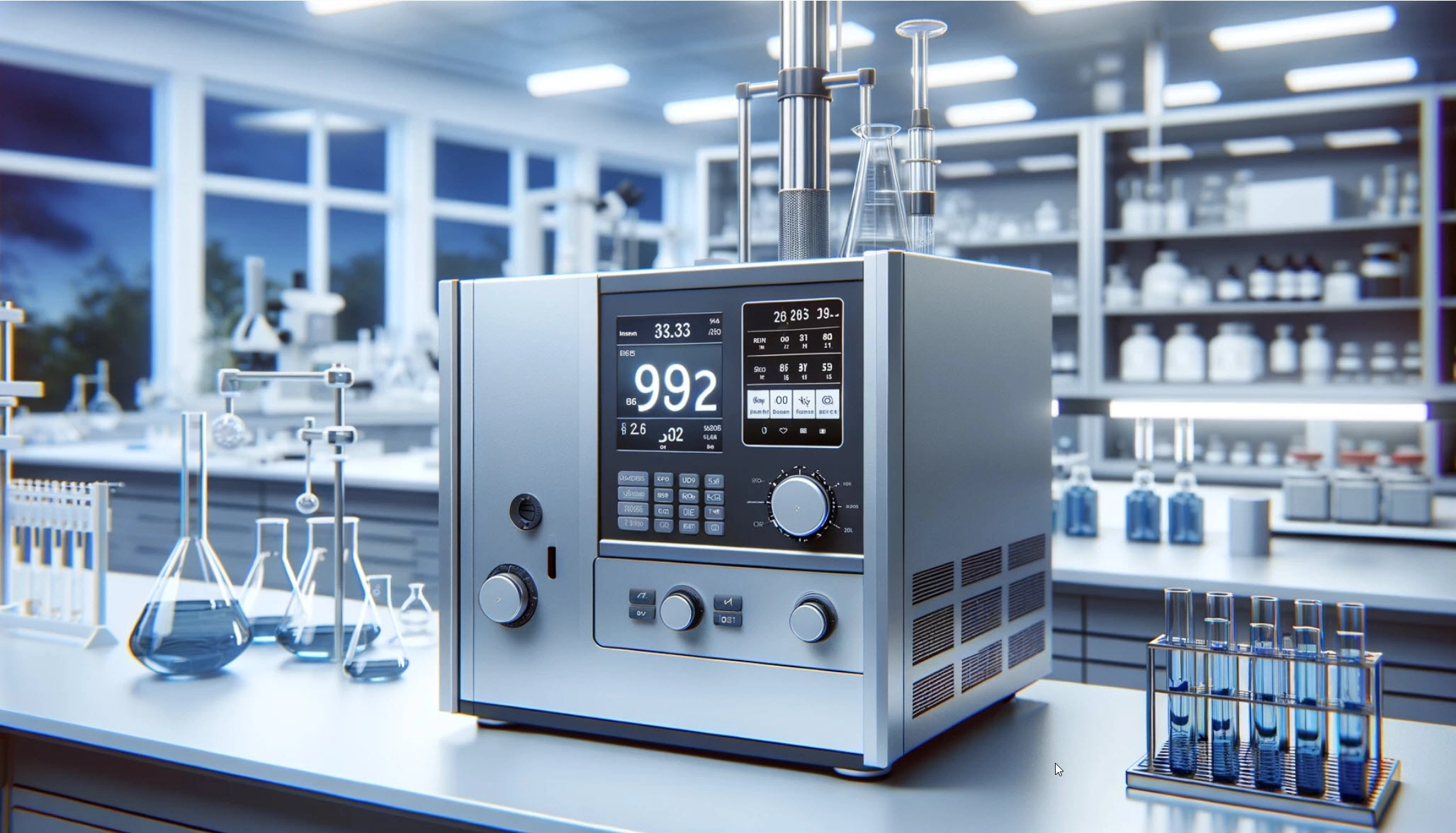
Sensitivity, Accuracy, Ease of Use, and Safety Features are all Key Considerations When Finding the Best Calorimeter for the Best Price
Types of Calorimeters
1. Differential Scanning Calorimeters (DSC)
2. Isothermal Titration Calorimeters (ITC)
3. Bomb Calorimeters
4. Microcalorimeters
5. Solution Calorimeters
Key Features to Consider When Buying Calorimeters
1. Sensitivity and Accuracy
2. Temperature Range
3. Sample Capacity and Throughput
4. Data Analysis Software
5. Ease of Use and Maintenance
6. Safety Features
Laboratory Calorimeter Price Guide
Calorimeter Pricing for New, Used, and Refurbished Equipment on LabX.com
View all Calorimeter Listings on LabX.com
